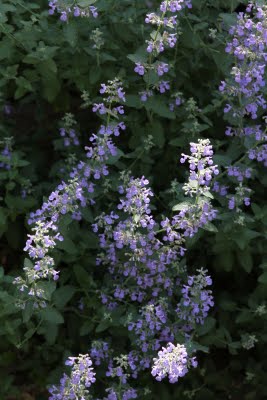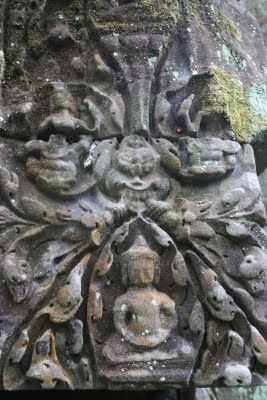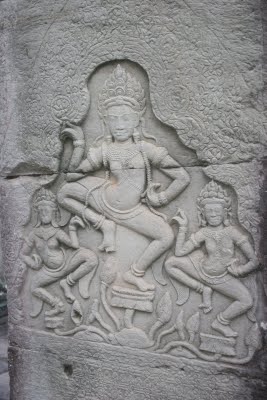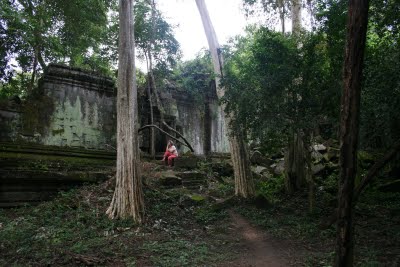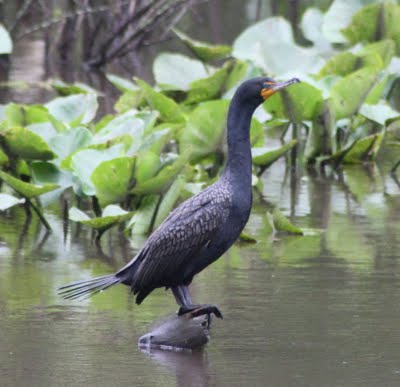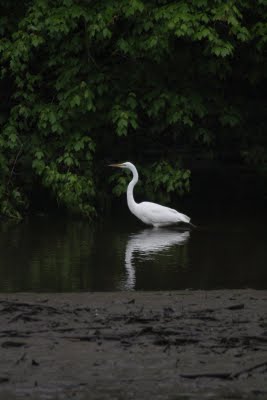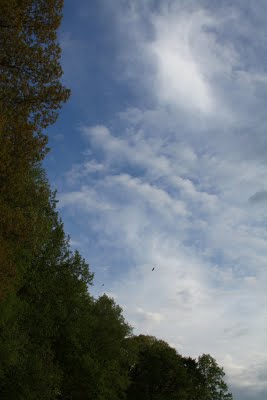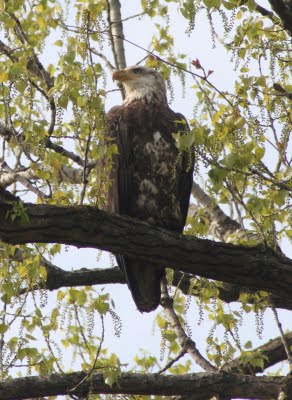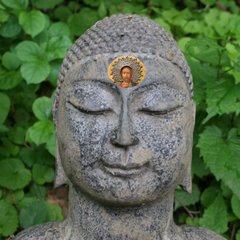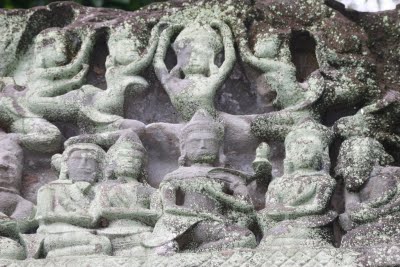
Tonight I find myself in Seoul, Korea, launched on yet another business trip in Asia.
I've been engaged in reading three wildly different books over the past week, Super Cooperators by Martin Nowak, Taming Your Inner Tyrant, by Patty Llosa, and To End All Wars, by Adam Hochschild. All three books, by the way, are highly recommended, although it is unlikely all three of them together will suit any single taste in reading. Nonetheless, for intrepid souls, I suggest you pick up all three, read them, and while doing so, try to follow the train of thought I am about to develop below.
It probably seems odd to suggest there might be a connecting thread tying together a book on evolutionary biology, a book on Jungian psychology and inner development, and a book on the first world war. Nonetheless, diversity itself sometimes provides the most unexpected connections.
Nowak proposes, rather convincingly, that cooperation is an essential feature in biological systems, and that situations where organisms form partnerships of cooperation frequently generate superior conditions for survival over those that engage in straight-out competition. One of the overarching principles Nowak has uncovered during his research is that in real-world situations, systems composed of many parts (i.e., displaying greater diversity) deliver bigger payoffs for cooperating organisms.
Patty Llosa offers us a candid, insightful, and in the end extraordinarily brave and touching account of her lifelong effort to reconcile the many different personas (or, as Gurdjieff might say, "I"'s) that inhabit her life. Exploring a wide range of Jungian techniques, and gradually discovering the inner courage required to engage in a dialogue with these different parts, she leads us down a path where we see that what appear to be inner "enemies" are in fact friends; some inner friends actually turn out to be enemies; and all the parts have important roles to play in a whole understanding of the self. (There's your diverse ecosystem.)
Hochschild gives us an extraordinarily down-to-earth, compassionate, and above all human point of view on the first world war, in a book that may be indispensable to our understanding of that event. In it, he recounts tales of British and French troops cooperating with German troops on the other side of the trenches to intentionally shoot above each other's heads, warn each other when officers were visiting so as to engage in apparently intense but in fact harmless battle, exchange gifts, and so on. These are real-world examples of cooperation where very real enemies make an intentional choice to engage in beneficial or altruistic behavior, in the expectation that it will be reciprocated.
One could tear a page right out of Nowak's book, lay it down next to this passage in “To End All Wars” (page 172) and see a textbook example of insights derived from mathematics and laboratory experiment, manifesting in real life. The enemy soldiers voluntarily cooperated amongst one another and found ways to transcend the tyranny of their superiors, their roles, and even the very the war itself.
All this does indeed have something to do with our inner development. As Patty so eloquently demonstrates, all of us are filled with competing and poorly integrated multiple personalites, each one of which is frustrated, misunderstood, and largely ignored by the other parts. This is (like Hochschild's example of cooperation between enemies during trench warfare) a real-world iteration of a theory--in this case, Gurdjieff's doctrine of I's. Only through her active exploration and engagement on many creative levels does Patty begin to discover (and show us) how these parts can all serve one another and a greater whole. It is, once again, an elegant example of a theory put into very real practice, and working according to Nowak's scientific principle of cooperation.
We seek to discover an inner wholeness, and this cannot take place without cooperation. It is the “survival of the fittest” mentality of our various competing inner parts that causes our destructive behavior, both towards ourselves and others. (It is hardly a stretch to point out that the same kind of mentality, in operation between different nations, led to the objective disaster of World War I.) I think Patty's book does a truly exceptional and eminently practical job of showing us how that takes place inside us.
What needs to replace this "fight to the finish" mentality within us is a compassionate integration of our various parts.
I've spoken before about the need to appreciate the immense depth of our life experience, and the unappreciated wholeness we contain–unappreciated because our sense of it is fractional and disorganized. One part sees another part; it critiques it, and the next time the part who was punished has its turn, it critiques right back. Once again–a page torn directly out of Nowak's book, and the classic game theory example of the prisoner's dilemma. Our inner parts punish one another reciprocally. Both Jung and Gurdjieff sought to offer man a vision of how to escape this parade of punishment and inner devaluation.
We desperately need to make our life whole. When Mr. Gurdjieff advised us to "use the present to repair the past and prepare the future," I am certain that he was--among other things-- calling us to this task of integration–a task that requires compassion, forgiveness, and cooperation–not directed outwardly, towards all of those around us, although that is also absolutely necessary–but compassion, forgiveness, and cooperation towards ourselves, in ourselves, for ourselves.
We can't heal without becoming more whole. Each of these books speaks to that question in a completely different way, but they all share a common goal: the rediscovery of what it means to be fully--not partially--human.
May our prayers be heard.


